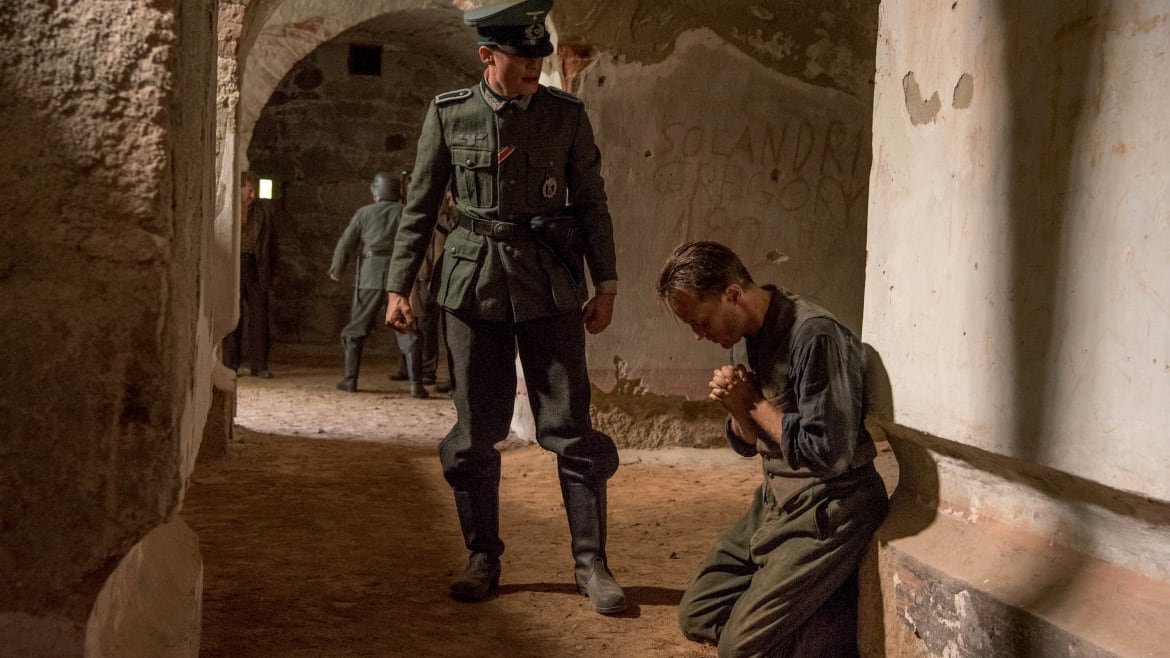An Anti-Fascist Oscar-Worthy Saga With Echoes of Trump

Terrence Malick may be the world’s greatest living filmmaker, but with his last three works—2012’s To the Wonder, 2015’s Knight of Cups and 2017’s Song to Song—the director distilled his signature poetic cinema down to its abstract aesthetic core, in the process excising the narrative backbones that were key to his first five masterworks. Consider, then, A Hidden Life a triumphant return to form. A based-on-real-events saga of resistance to fascism that melds his diverse storytelling gifts to overpowering, and timely, effect, Malick’s latest is a tale of an ordinary man driven to extraordinary lengths, no matter the cost to himself and those who love him. At once intimate and in tune with the larger forces at play in the universe, it’s a three-hour WWII epic that’s all the more haunting for speaking directly to both the past and today.
As in Days of Heaven, The Thin Red Line and The New World, A Hidden Life (in theaters Dec. 13) concerns a pastoral Eden sullied by an invasion of “civilized” interlopers—in this case, the rustic Austrian valley town of St. Radegund, whose farmers’ peaceful 1939 reality is irrevocably altered by the arrival of Nazi stormtroopers and their toxic nationalist ethos. Malick’s film begins before the onset of this pestilence, with Franz Jägerstätter (August Diehl) and wife Franziska (Valerie Pachner). In an early instance of the interior-thought voiceover that, per Malick trademark, will guide this drama’s action, Franz intones, “We lived above the clouds,” and snippets of their daily toil in the fields, and joyful dancing at a local tavern, suggests a quiet, simple existence bordering on the heavenly.
Geographic remoteness, however, is no barrier to corruption, and the coming of war and swastika-decorated soldiers soon infects St. Radegund’s once-pure atmosphere, inspiring the mayor to drunkenly rant about the need to fight back against foreigners, immigrants and other “races.” Malick’s handheld camera evokes Franz and Franziska’s bliss together (and with their children) by swaying, lurching, and racing about in accord with their movements. Similarly, it foreshadows Franz’s forthcoming catastrophic predicament in an early shot that pans down from treetops set against a gigantic sky, to shadowy earthbound Franz below—an image imbued with import because the pious Franz, it turns out, stands in opposition to the Nazi Party, even though he knows he’ll soon be enlisted into its military, and forced to swear an oath of allegiance to the Third Reich.
